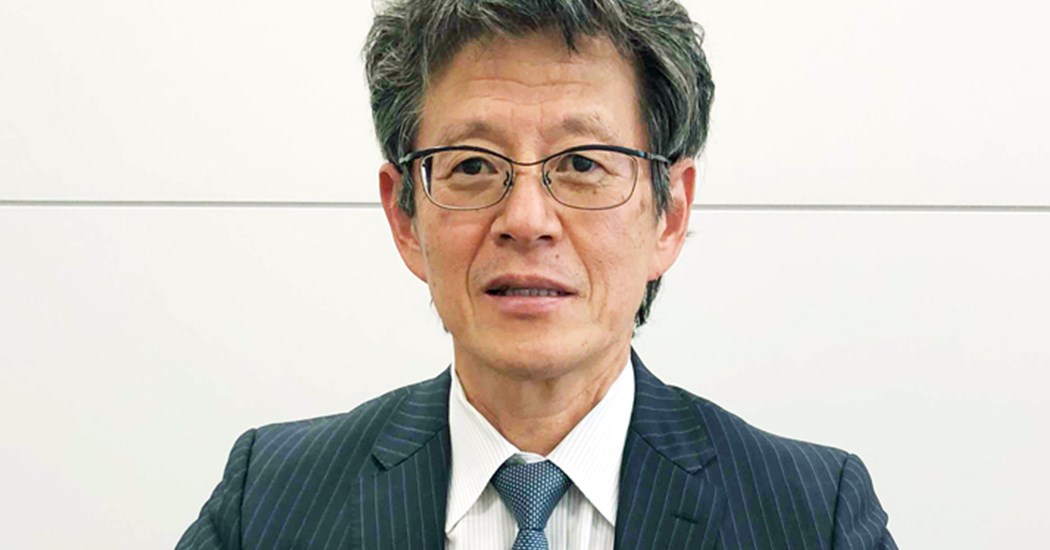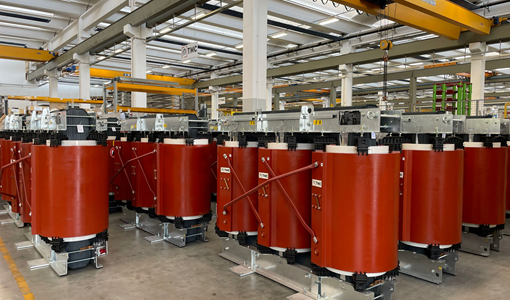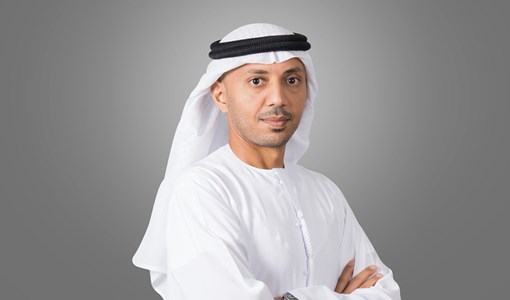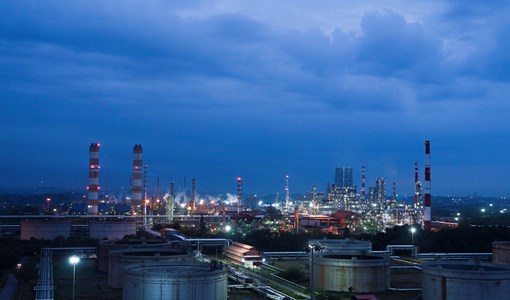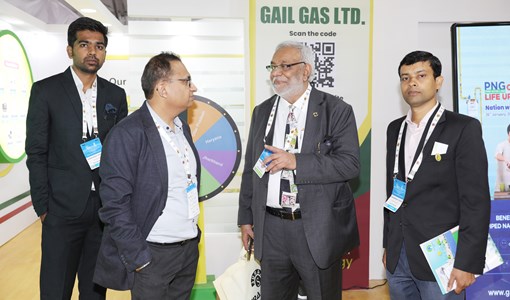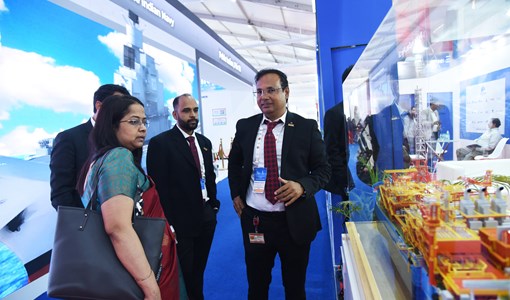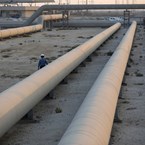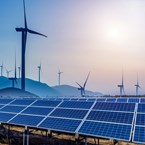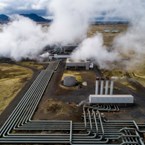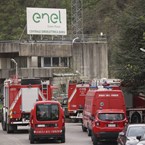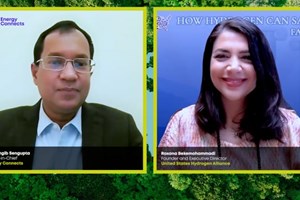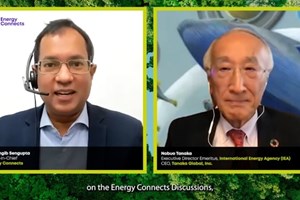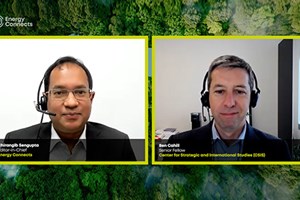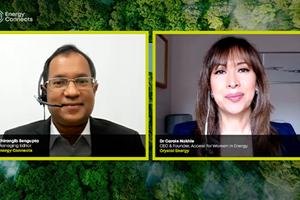Abu Dhabi remains key for JODCO
Hiroshi Fujii, President and CEO, JODCO spoke to Julian Walker about the importance of its relationship with ADNOC and embracing digitalisation
Why is Abu Dhabi so important to INPEX/JODCO?
Japan currently imports about 25 per cent of its oil from Abu Dhabi, and the majority of Abu Dhabi crude oil is destined for Japan. This shows just how important Abu Dhabi is, not just for us, but for Japan as a whole.
Since 1973, when we acquired a stake in the ADMA Concession, Abu Dhabi has always been a core business area for us, and we expect it will continue to be so for many more years. In Abu Dhabi, we have five concession agreements, more than any other IOC anywhere in the world.
Our operations in Abu Dhabi contribute significantly to INPEX’s net production, which was 581 thousand barrels of oil equivalent per day as of the first half of this year.
How important is your relationship with ADNOC?
The importance of our relationship with ADNOC cannot be overstated.
In 2018, we were appointed Asset Leader of the Lower Zakum Oil Field, where we are working closely with ADNOC and our partners to pursue greater production capacity, growth and value creation.
We send many of our employees to the operating companies led by ADNOC and have deeply committed our human and technical resources to oil field development and production in Abu Dhabi. As a result, we now have an even stronger partnership with ADNOC and are much more “hands on.”
These efforts have helped increase production capacity and lower production cost, allowing us to make an even greater contribution to Abu Dhabi’s upstream industry.
We look forward to continuing our excellent partnership with ADNOC, particularly during these difficult times to build on our initiatives, tap new markets and unlock even greater value.
What are you doing in the space of energy transition?
The reality is that oil and gas demand in Asia will continue to grow. Therefore, we feel that E&P continues to be a key source financially, and we will continue to focus on this, as an engine for energy transition.
Having said that, we fully understand that climate change response is a critical business issue for IOCs and will manage and reduce greenhouse gas emissions across all sectors while promoting renewable energy initiatives.
We are now implementing multiple geothermal projects both in Japan and Indonesia, and we plan on further expanding this business. We also see a lot of potential in wind power generation, especially offshore floating wind power opportunities because Japan has one of the world’s largest territorial seas.
We will also continue our work on CO2 containment and pursue the practical application of carbon capture and storage (CCS), as well as carbon capture and utilisation (CCU) technologies like artificial photosynthesis and methanation. Another area we will be looking closely at is hydrogen, which of course is a zero-emissions energy solution.
How are you embracing digitalisation?
New technology and digital transformation are essential for the three things we need to do most under COVID-19 and beyond—improve efficiency, ensure safety and reduce costs.
There are three main examples of technologies that we have deployed in field operations to keep our core business of oil and natural gas production running. The first is drone technology, the second is augmented reality and the third is the PI system. These technologies have made a huge difference in the way we operate, by supporting remote inspection and analysis, issue prevention and operational streamlining.
How has COVID-19 changed the way you operate?
There are two major changes conceptually. Firstly, COVID-19 has widened the view on security covering global supply chains for commodities and safeguarding against infection, and also heightened our awareness of energy security. Today, we are much more focused on ensuring our energy independence and make it our mission to contribute to this objective by maintaining stable energy production at home and securing energy assets globally.
Secondly, COVID-19 has brought on major lifestyle changes, where more people work from home and less people travel, impacting the market for fuels and of course the oil prices. As an industry, we must address the medium-term and long-term implications of this and adapt our business accordingly. As such we are working on improving the efficiency of our operations, optimising our portfolio and strengthening business partnerships.
KEEPING THE ENERGY INDUSTRY CONNECTED
Subscribe to our newsletter and get the best of Energy Connects directly to your inbox each week.
By subscribing, you agree to the processing of your personal data by dmg events as described in the Privacy Policy.
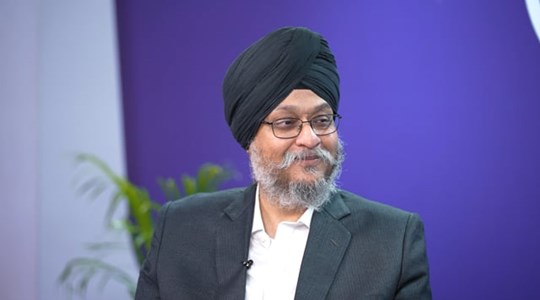
Why the energy industry is on the cusp of disruptive reinvention
Mar 12, 2024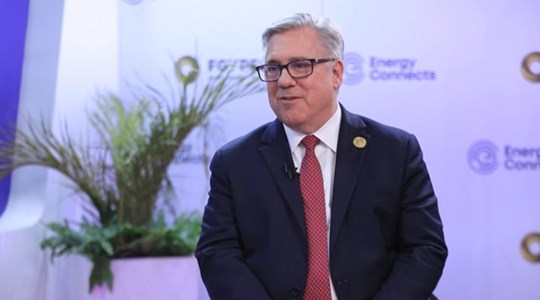
Chevron helping drive Egypt’s journey to become Africa’s energy powerhouse
Mar 11, 2024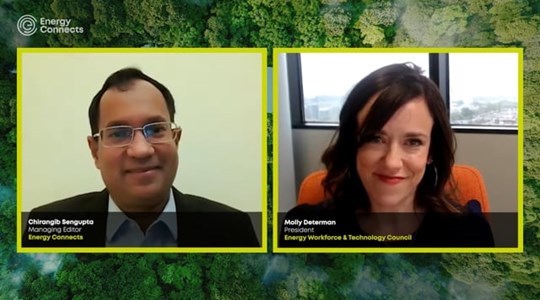
Energy Workforce helps bridge the gender gap in the industry
Mar 08, 2024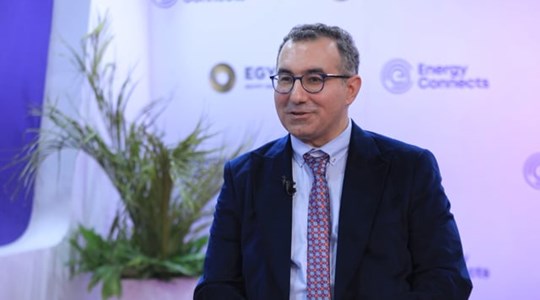
EGYPES Climatech champion on a mission to combat climate change
Mar 04, 2024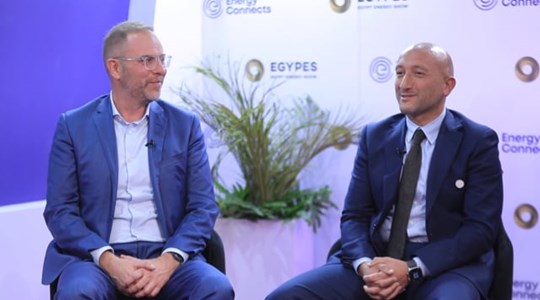
Fertiglobe’s sustainability journey
Feb 29, 2024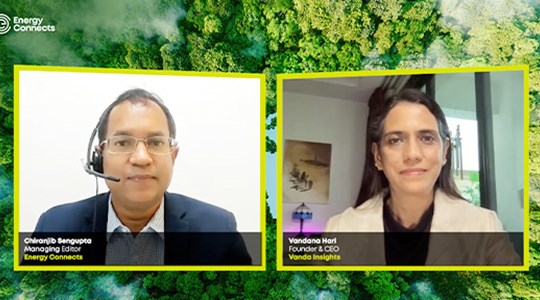
India’s energy sector presents lucrative opportunities for global companies
Jan 31, 2024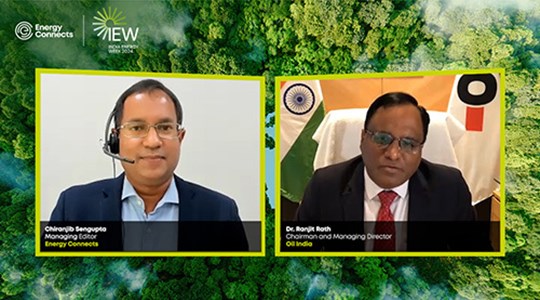
Oil India charts the course to ambitious energy growth
Jan 25, 2024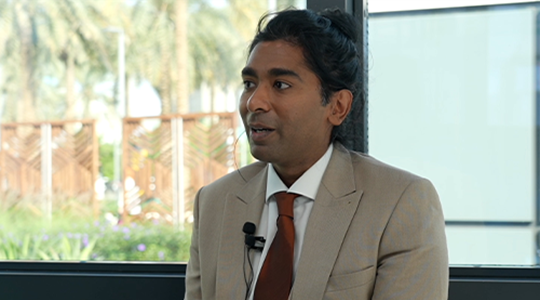
Maritime sector is stepping up to the challenges of decarbonisation
Jan 08, 2024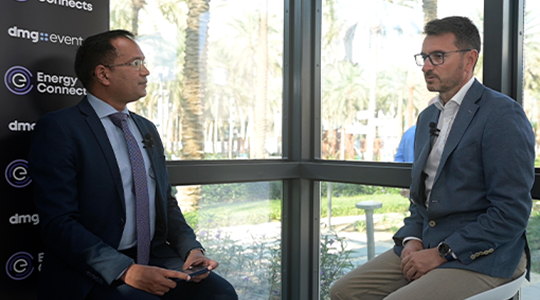
COP28: turning transition challenges into clean energy opportunities
Dec 08, 2023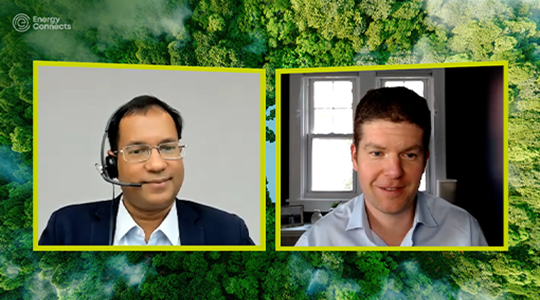
Why 2030 is a pivotal year in the race to net zero
Oct 26, 2023Partner content

Ebara Elliott Energy offers a range of products for a sustainable energy economy
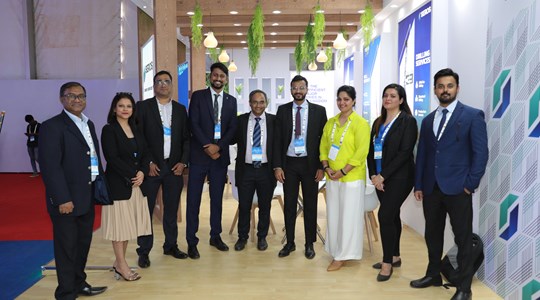
Essar outlines how its CBM contribution is bolstering for India’s energy landscape
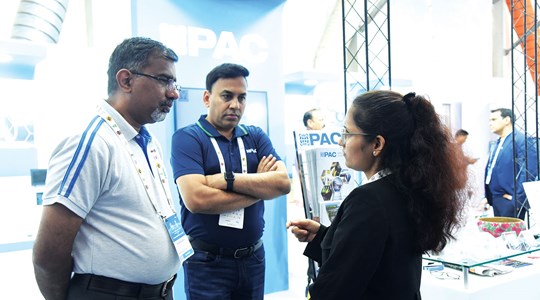
Positioning petrochemicals market in the emerging circular economy
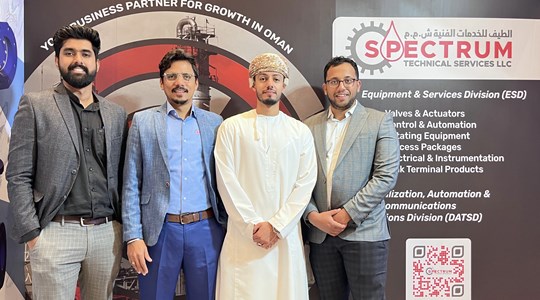
Navigating markets and creating significant regional opportunities with Spectrum


